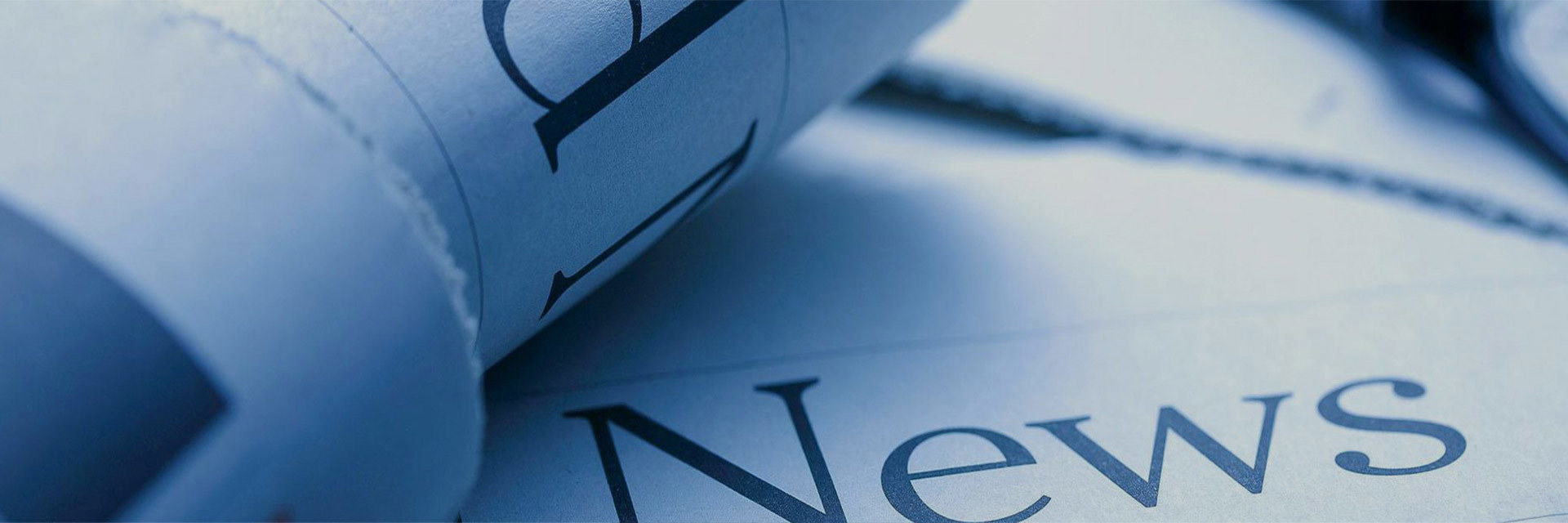Exploring the Advantages of Polyurethane Lined Pipes in Chemical Applications
Release time:
2025-05-07
Exploring the Advantages of Polyurethane Lined Pipes in Chemical Applications Table of Contents 1. Introduction to Polyurethane Lined Pipes 2. Benefits of Polyurethane Lined Pipes 2.1 Exceptional Durability 2.2 Superior Chemical Resistance 2.3 Cost-Effectiveness and Longevity 2.4 Temperature Resistance 2.5 Flexibility and Adaptability

Exploring the Advantages of Polyurethane Lined Pipes in Chemical Applications
Table of Contents
- 1. Introduction to Polyurethane Lined Pipes
- 2. Benefits of Polyurethane Lined Pipes
- 2.1 Exceptional Durability
- 2.2 Superior Chemical Resistance
- 2.3 Cost-Effectiveness and Longevity
- 2.4 Temperature Resistance
- 2.5 Flexibility and Adaptability
- 3. Applications in the Chemical Industry
- 4. Installation and Maintenance Considerations
- 5. Comparing Polyurethane with Other Lining Materials
- 6. Frequently Asked Questions (FAQs)
- 7. Conclusion
1. Introduction to Polyurethane Lined Pipes
In the dynamic world of chemical processing, the choice of materials for piping systems is crucial. **Polyurethane lined pipes** have emerged as a top-tier solution for various chemical applications. These pipes are designed to withstand harsh environments while offering unmatched performance. Understanding their unique properties and advantages can help industry professionals make informed decisions that enhance operational efficiency and safety.
2. Benefits of Polyurethane Lined Pipes
Polyurethane lined pipes present numerous advantages that make them suitable for chemical applications. Here, we delve into the specific benefits that these pipes offer.
2.1 Exceptional Durability
Polyurethane is renowned for its robustness. **Polyurethane lined pipes** can endure significant wear and tear, making them perfect for high-traffic environments. The resilience of these pipes minimizes the risks of damage from abrasive substances, ensuring prolonged service life.
2.2 Superior Chemical Resistance
One of the most significant attributes of polyurethane lined pipes is their excellent resistance to a wide array of chemicals. They can handle acidic and alkaline substances without degrading, making them indispensable in the chemical industry. This quality not only reduces maintenance costs but also enhances safety by preventing leaks and spills.
2.3 Cost-Effectiveness and Longevity
While the initial investment in polyurethane lined pipes may be higher than alternative materials, the **long-term savings** are undeniable. Their durability means less frequent replacements and lower maintenance expenses. In the long run, businesses can expect substantial cost savings, making these pipes a financially sound investment.
2.4 Temperature Resistance
Polyurethane lined pipes can withstand extreme temperatures, both hot and cold. This adaptability ensures optimal performance in various conditions, making them suitable for a range of chemical applications, from refrigeration systems to high-temperature processes.
2.5 Flexibility and Adaptability
The flexibility of polyurethane allows for easy installation and modification. These pipes can be custom-fitted to various configurations, catering to the specific needs of different chemical processes. This adaptability simplifies the installation process and ensures a perfect fit, reducing potential issues associated with improper installations.
3. Applications in the Chemical Industry
Polyurethane lined pipes are used in various applications within the chemical industry. Their versatile nature makes them suitable for numerous processes:
- **Transport of Corrosive Chemicals:** These pipes excel at transporting acids and solvents without fear of degradation.
- **Water Treatment Facilities:** Their resistance to chemical reactions makes them ideal for use in water treatment systems, ensuring reliability and efficiency.
- **Food Processing:** Polyurethane is often used in food-grade applications due to its non-toxic properties, making it suitable for the food and beverage industry.
- **Pharmaceutical Production:** In environments where purity and cleanliness are paramount, polyurethane lined pipes prevent contamination, ensuring product integrity.
4. Installation and Maintenance Considerations
Installing polyurethane lined pipes requires specific considerations to ensure optimal performance. Engaging professionals with experience in handling these materials is crucial.
- **Surface Preparation:** The surfaces of the pipes must be properly prepared before installation to ensure bonding.
- **Joining Methods:** Various joining techniques, such as flanging and welding, can be employed, depending on the application requirements.
- **Regular Inspections:** Routine inspections are essential to identify any wear or damage early, ensuring the longevity of the piping system.
5. Comparing Polyurethane with Other Lining Materials
When selecting the right lining material, it's helpful to compare polyurethane with other options such as rubber, PVC, and epoxy:
- **Durability:** Polyurethane outperforms rubber and PVC in terms of durability, making it a preferred choice for heavy-duty applications.
- **Chemical Resistance:** While epoxy offers good chemical resistance, polyurethane provides broader compatibility with various chemicals.
- **Cost Efficiency:** Although initial costs for polyurethane lined pipes may be higher, the reduced maintenance and replacement costs lead to better long-term value compared to other materials.
6. Frequently Asked Questions (FAQs)
1. What are the key advantages of using polyurethane lined pipes in chemical applications?
Polyurethane lined pipes offer exceptional durability, superior chemical resistance, and cost-effectiveness, making them ideal for various chemical processes.
2. How do polyurethane lined pipes compare to traditional piping materials?
Polyurethane lined pipes generally outperform traditional materials like rubber and PVC regarding durability, chemical resistance, and long-term cost efficiency.
3. Are polyurethane lined pipes suitable for high-temperature applications?
Yes, polyurethane lined pipes can withstand extreme temperatures, making them suitable for both hot and cold applications in the chemical industry.
4. What maintenance is required for polyurethane lined pipes?
Regular inspections and surface checks are recommended to identify wear or damage early, ensuring the piping system's longevity and efficiency.
5. Can polyurethane lined pipes be used in food processing applications?
Absolutely, polyurethane lined pipes are often used in food-grade applications due to their non-toxic properties and ease of cleaning.
7. Conclusion
In conclusion, polyurethane lined pipes stand out as a premium choice for chemical applications, offering remarkable durability, resistance to harsh chemicals, and long-term cost savings. Their versatility allows them to adapt to various industries, from pharmaceuticals to water treatment. By understanding the benefits and applications of these pipes, industry professionals can make informed decisions that enhance their operational efficiency, safety, and profitability. Investing in polyurethane lined pipes not only safeguards the integrity of chemical processes but also paves the way for a more sustainable and cost-effective future in chemical manufacturing.
Key word:
Polyurethane lined pipe
Recommended



